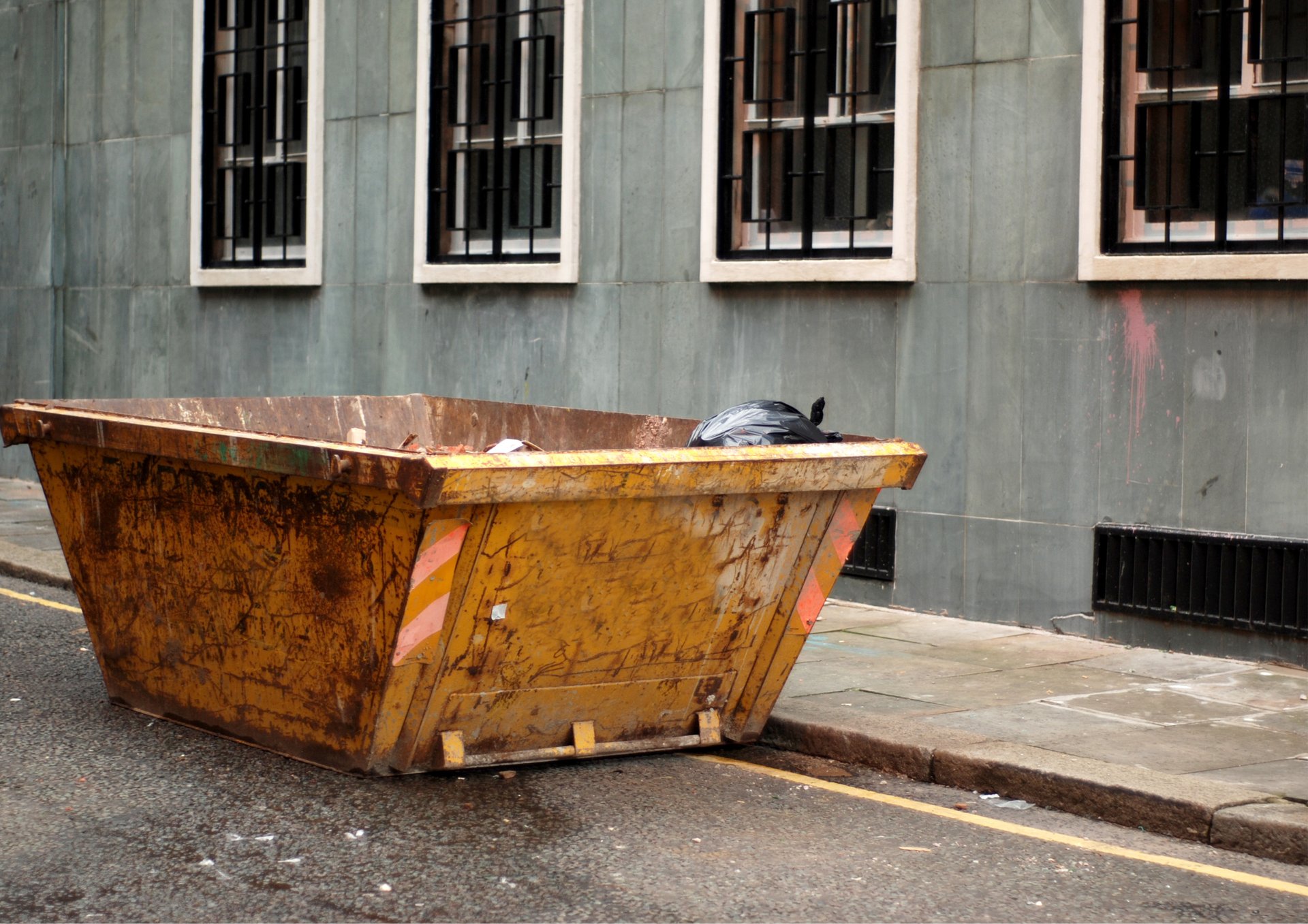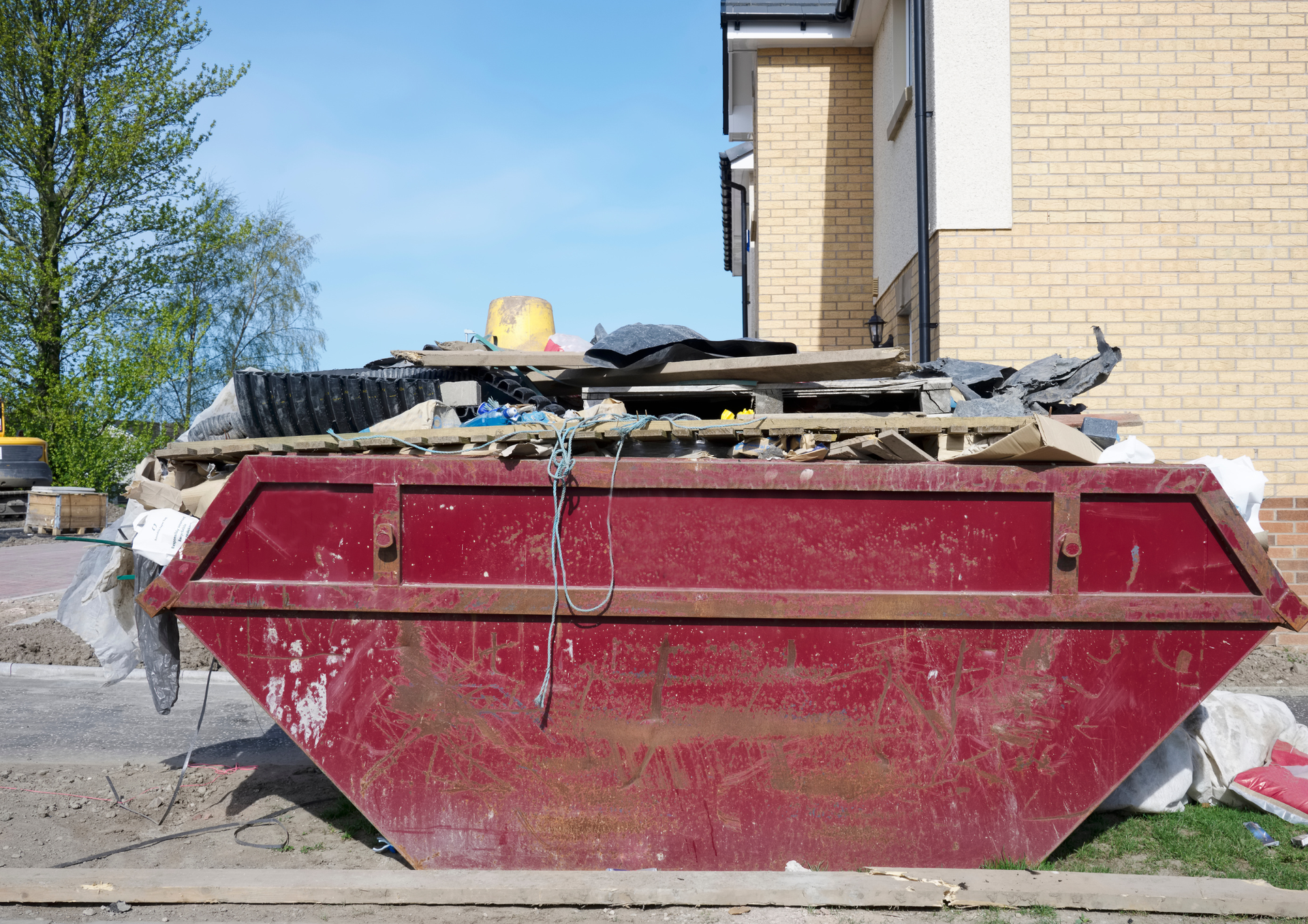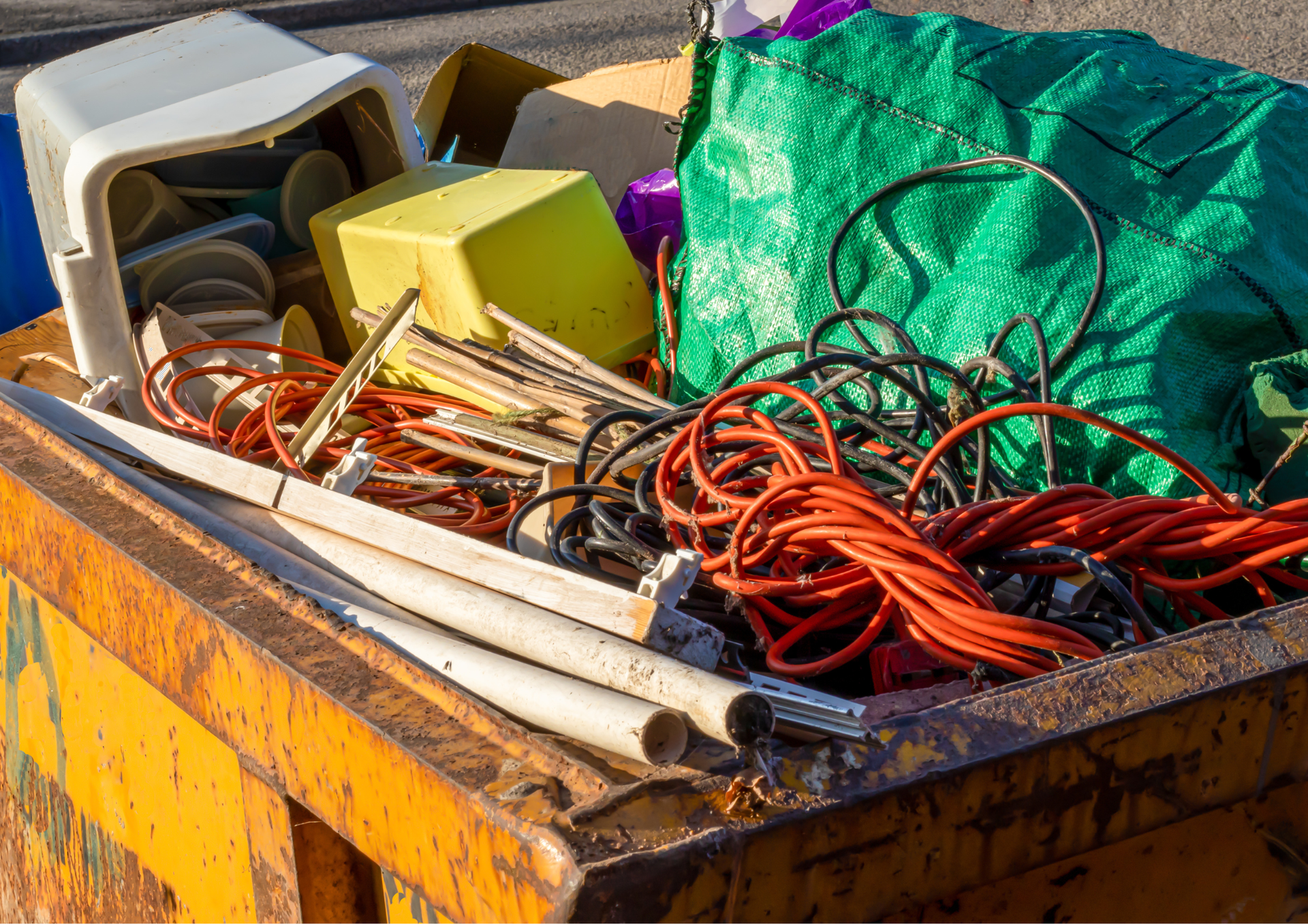A Complete Guide: What to Know Before You Rent a Skip in the UK
Managing waste efficiently is one of the biggest challenges in any construction project, renovation, or commercial cleanout. Whether you’re a contractor, homeowner, or business owner, using a skip simplifies the process by keeping your site clean and compliant.
This guide explains everything you need to know before you rent a skip in the UK—covering types, regulations, and practical tips.
Understanding the Purpose of Skips and Bins
Before you rent a skip, it’s important to understand the purpose of skip and bins in effective waste management. These containers are used to collect and transport large volumes of waste—from household clutter and construction debris to garden and industrial materials. Available in a range of sizes and capacities, skips cater to both domestic and commercial projects, providing a convenient and responsible way to handle waste efficiently.
The primary purpose of skips is to make waste disposal convenient and environmentally responsible. Instead of multiple trips to the local tip, a skip allows you to dispose of everything in one go, saving time and fuel. Moreover, many skip companies partner with recycling centres to ensure most of your waste is repurposed, aligning with the UK’s sustainability goals.
Whether you’re undertaking a home renovation or managing a large construction site, understanding the use of skip and bins helps you select the right option for efficiency and compliance.
Choosing the Right Skip Size for Your Project
Selecting the correct skip size is crucial to avoid extra costs or multiple collections. Here’s a quick guide:
- Mini Skip (2–3 yards): Perfect for small domestic projects like garden clearances.
- Midi Skip (4–5 yards): Suitable for slightly larger household projects or small renovations.
- Builders’ Skip (6–8 yards): Ideal for renovation and construction debris such as bricks, tiles, and plasterboard.
- Roll-on Roll-off Skip (20–40 yards): Best for industrial, commercial, or large-scale projects like office relocations or events.
Tips for planning:
- Consider both the volume and type of waste.
- Check if the hire company accepts hazardous or electronic waste.
- Ensure compliance with UK waste regulations to avoid fines.
Understanding Regulations and Placement Requirements
Hiring a skip isn’t just about size and capacity; it also involves understanding local regulations. If you plan to place a skip on private property (like your driveway or construction site), you usually won’t need a permit. However, if it’s going on a public road, you must obtain a skip permit from your local council. This ensures the skip doesn’t obstruct traffic or create safety hazards.
Skips placed on public roads must be clearly visible and safely positioned, often requiring reflective markings or lights for night visibility. Most councils issue permits valid for up to 28 days, with costs varying depending on your location.
To avoid issues, choose a local skip hire service that understands regional permit requirements and can handle the paperwork for you. This convenience not only saves time but also ensures full legal compliance. Professional companies like us are well-versed in local regulations, providing peace of mind for both homeowners and contractors.
Managing Costs and Maximising Efficiency
Budgeting to rent a skip requires understanding how pricing works. Costs typically depend on the skip size, location, type of waste, and duration of hire. Transparent pricing is a hallmark of trustworthy companies, so always request a full quotation upfront to avoid hidden charges.
When comparing skip hire prices, ensure the estimate includes delivery, collection, and disposal fees. Some companies may offer discounts for longer hire periods or repeat customers. You can also save by segregating recyclables and ensuring your waste is within weight limits, avoiding surcharge fees.
For businesses and construction professionals, proper planning enhances cost efficiency. Schedule collections strategically to prevent downtime, and train staff on waste segregation for sustainability and compliance. Whether it’s for construction debris, garden waste, or event cleanups, efficient waste handling contributes to a smoother operation.
Reliable services such as rubbish skip hire offer flexible collection times and sustainable waste processing—ensuring your project runs smoothly without compromising environmental responsibility.
When you
rent a skip, it can greatly improve how you handle waste—simplifying disposal, reducing costs, and promoting eco-friendly practices. By learning about skip sizes, local regulations, and pricing, you can make an informed choice that suits your project’s scope and budget. Whether you’re a homeowner clearing out a loft or a contractor overseeing a construction site, the right skip ensures a cleaner, safer, and more efficient working environment.
At
Skip Hire York, we pride ourselves on offering professional, dependable, and affordable waste management solutions across the UK. Our team provides expert guidance to help you choose the right skip for your needs—whether it’s for residential, commercial, or industrial projects. We are committed to sustainability, recycling the majority of collected waste, and ensuring full compliance with environmental regulations.
Don’t miss it on X:
Rent a skip in the UK – key things to know first!





